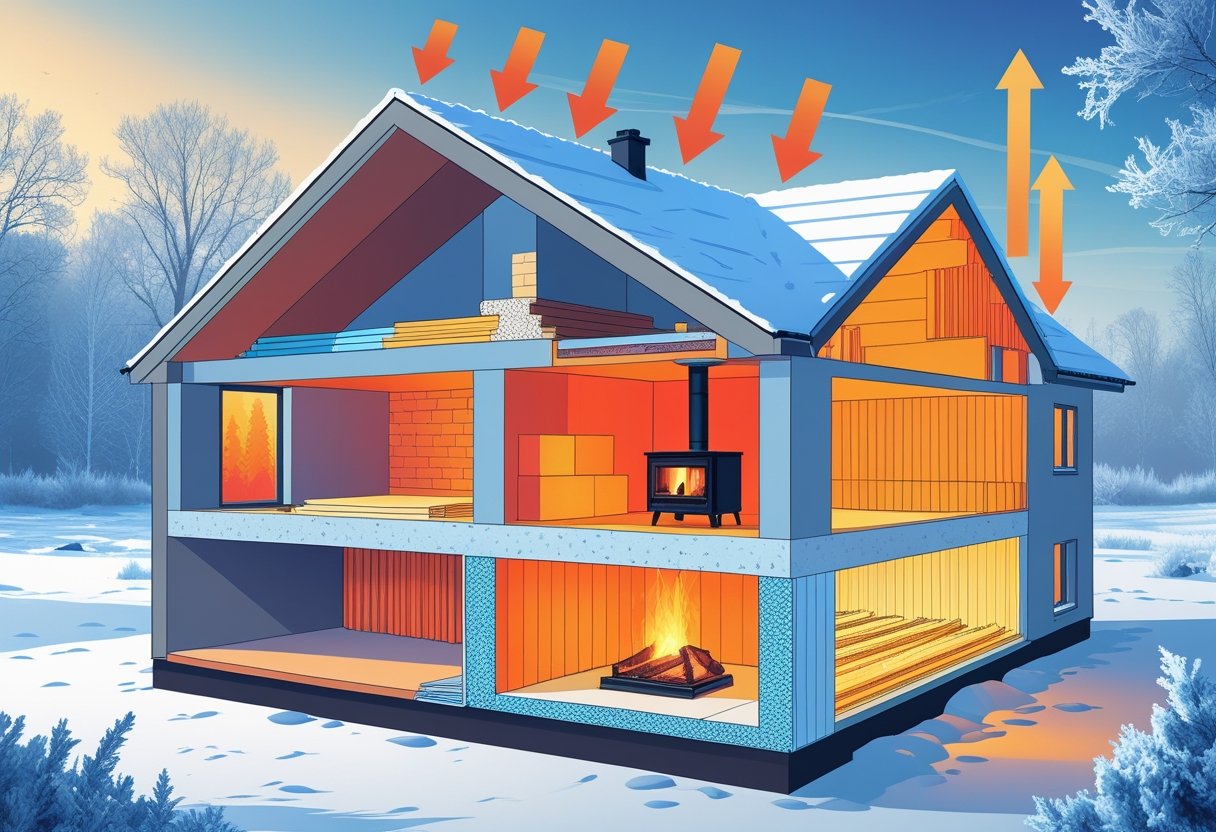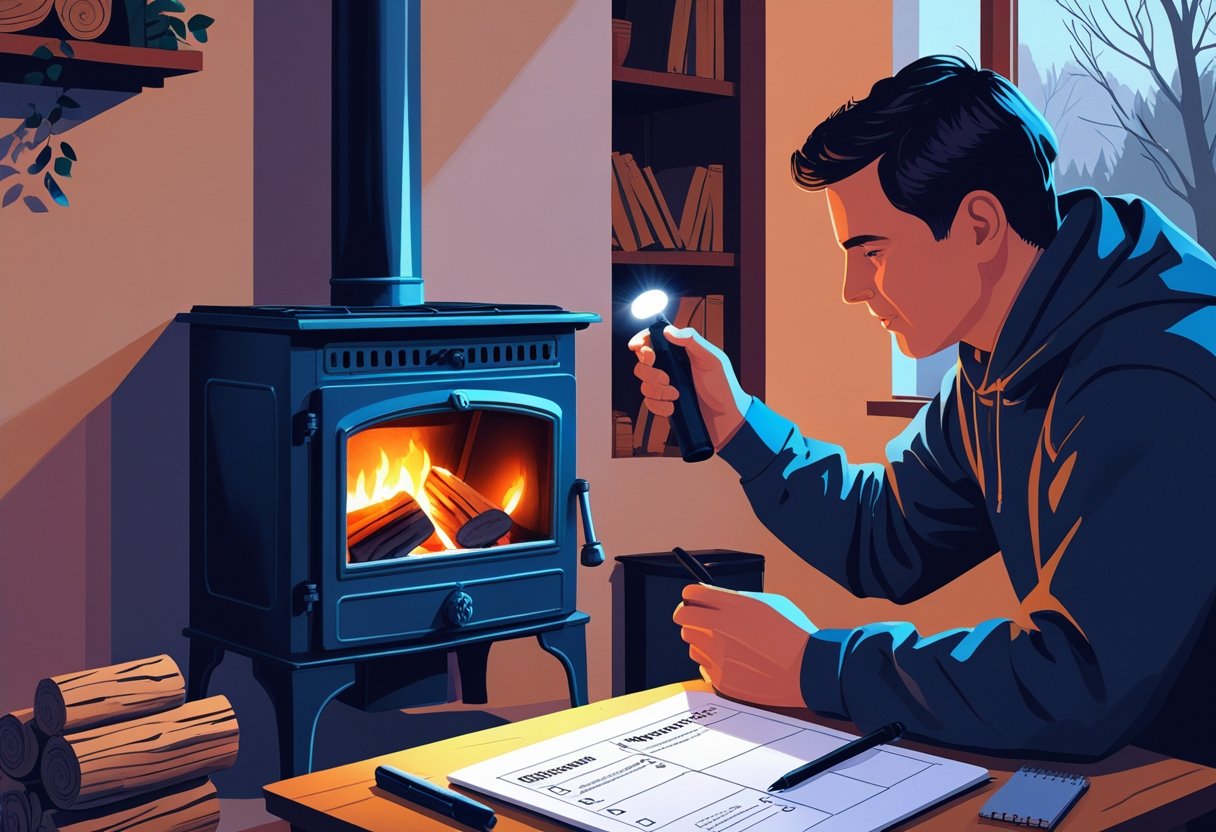Are Kiln-Dried Logs Better Than Seasoned Logs?
Choosing the right firewood really changes how your fire behaves. Kiln-dried logs and seasoned logs are both common choices, but they’re actually quite different. It mostly comes down to how the wood is dried, and that affects everything from how easily it lights to the amount of heat you get. Kiln-dried logs are usually better than seasoned logs because they have lower moisture, burn hotter and cleaner, make less smoke, and you can use them right out of the bag. Kiln-dried wood is put through a
What Is Smokeless Coal And Is It Suitable For Domestic Heating?
Smokeless coal is a fuel made from materials like anthracite, lignite, or petroleum coke. When you burn it, you’ll notice little to no smoke—definitely a step up from old-fashioned house coal. It’s approved for use in smoke control areas across the UK, so you don’t have to worry about breaking local rules. Smokeless coal works well for domestic heating. It burns efficiently, gives off more heat than regular coal, lasts longer, and you won’t be dealing with as much ash or mess. Plenty of homeowners use
What Is a Smoke Control Area? Rules for Log Burner Owners Explained
A smoke control area is a zone where local councils put limits on what fuels you can burn and which appliances you’re allowed to use—all to help cut down on air pollution. You’ll find these areas in many parts of the UK, especially in towns and cities. If you live in a smoke control area, you can still use a log burner, but you’ll need to stick to certain rules about fuel and the kind of stove you own. Only authorised fuels like smokeless coal or
Tips on Insulating Your Home During Winter for Energy Efficiency with A Solid Fuel Heating System
Winter’s tough on the wallet, especially if you rely on solid fuel heating. Loads of people find themselves battling chilly draughts and watching heat slip right out the door—literally. If your insulation isn’t up to scratch, solid fuel stoves and boilers end up burning through more fuel just to keep things bearable inside. Good insulation paired with a solid fuel system can chop your energy bills by as much as 50%—and you still get that lovely, toasty home all winter. Honestly, it’s all about figuring out
With Colder Weather Just Around the Corner: What Essential Checks Should Be Undertaken On A Log Or Coal Burning Solid Fuel Heating System to Ensure It’s Ready For Use?
With the cold creeping in, a solid fuel heating system can quickly become the heart of a cozy home. But before you start depending on it day in and day out, it’s honestly worth making sure everything’s in decent shape. Give the chimney and flue a good look, clean out the stove or boiler, and double-check that your fuel is dry and stored somewhere sensible. A bit of prep now makes the whole system safer and way more efficient. When you keep things maintained, you get






